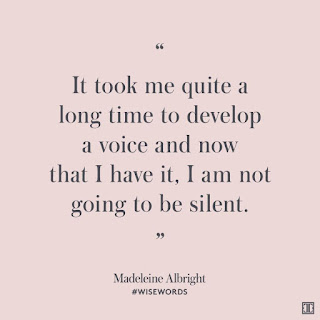In the previous blog,
we discussed the importance of forgiveness in relapse recovery. We also examined different ways to redefine the word
forgiveness and to re-frame its definition in order to facilitate its implementation into our recovery practices. Lastly, we discussed the concept of
internal forgiveness - forgiveness of self - one piece in the process of letting go of unhealthy emotions which keep us bound in our relapse and tethered to our betrayal of self. Today, we are going to address the second part of the releasing process -
external forgiveness - forgiveness of other people, places, and things.
With the understanding that we alone are responsible for our choices and
 |
| Severing the rope of unforgiveness |
decisions that have led us into our relapse episode or period of regression into unhealthy behaving, thinking or feeling, it is also important to recognize that there may be destructive outside influences or on-going painful relationships that trigger us, contributing to our weakened state.
Thus, in order to experience a complete severing from the rope of unforgiveness, it is vital that we release those external sources of injury and injustice. Let me give you a couple examples. (The names I am referencing are fictitious).
Many years ago, I was working with a wonderfully vibrant and talented woman in her late forties. Katie came into therapy after her husband of over 25 years left her for another woman. As Katie and her husband were going through their divorce, she started drinking more heavily. As we worked through her betrayal, Katie slowly began to heal and recover. However, whenever she came into contact with her ex-spouse, or if she chose to contact him, she would be re-triggered and re-injured. Over time, Katie realized that holding onto her feelings of anger, resentment, and worthlessness was not hurting anyone else but her.
It wasn't until she practiced external forgiveness - to let go of the bitterness and rage towards her ex-spouse and to release him and his betrayal of her - that Katie was able to embrace healing more fully, not only in relapse but in her ongoing recovery as well.
 |
| Letting go of external triggers |
So often, there are environmental factors that re-trigger us. I remember an amazing caring, compassionate young man who I worked with for several years - Miguel. After an extremely painful and lengthy divorce, Miguel came into therapy to work on his rescuing or codependent behaviors. Because Miguel was so sensitive to his surroundings and the memories they held, he became easily triggered and slipped into a mild depression. As we worked together, Miguel realized how much better he felt when he was away from his current living environment. However, he did not want to move too far away from his young daughter.
After relocating to another area of town, Miguel began practicing external forgiveness - releasing the memories that certain places brought to mind and letting go of past routines and rituals that he held on to. It is important to note that Miguel was not running away from his previous surrounds; he recognized their strong negative influences on his being and their impact on his recovery. And, as Miguel continued to release the triggers of his previous environment, he was also able to navigate in and out of it without risking relapse.
Whether it is our feelings of inner shame triggered by our own choices; or our feelings of inadequacy, insecurity, or injury triggered by outside forces,
I believe the practice of forgiveness - both internal and external - is non-negotiable in the initial steps of recovery and in sustaining recovery from relapse. As I write in
Mountain Air,
"I stepped out from underneath the canopy and was greeted by Father Sun. Feeling insignificant under His ever-reaching rays of warmth, I was grateful for this powerful lesson. Our humanity is sometimes our most formidable opponent when it comes to fully embracing our healing journeys. Letting go of our pain... [practicing internal and external forgiveness]...is our greatest strength. It is necessary in order to move forward."
 |
| Letting go of our pain |
Homework: As you practice your internal forgiveness, implement external forgiveness as well. Take some time but do spend time thinking about the external forces (people, places, and things) that trigger you. Then, utilize the steps from the last blog as you practice forgiveness - of self and of others.
- Choose a word or phrase that feels safe and comfortable - one that you can connect with.
- Implement a practice(s) that feels natural, meaningful, and purposeful to you.
- Schedule or set aside times for your internal and external forgiveness.
- Repeat this process as many times as necessary.
- Take time to relish in the renewal that you experience.
Next time, gifting ourselves with lessons learned...






Comments
Post a Comment